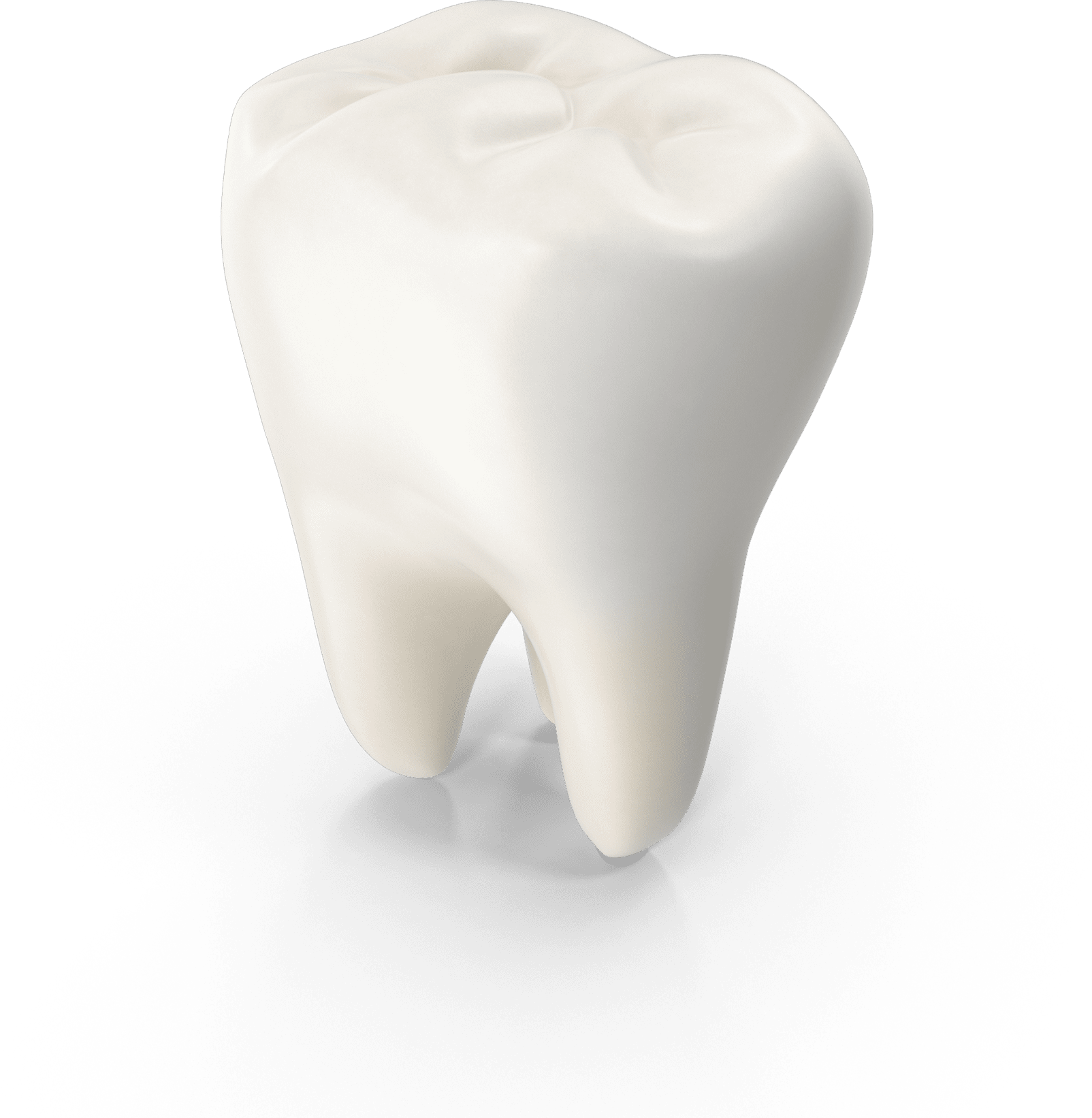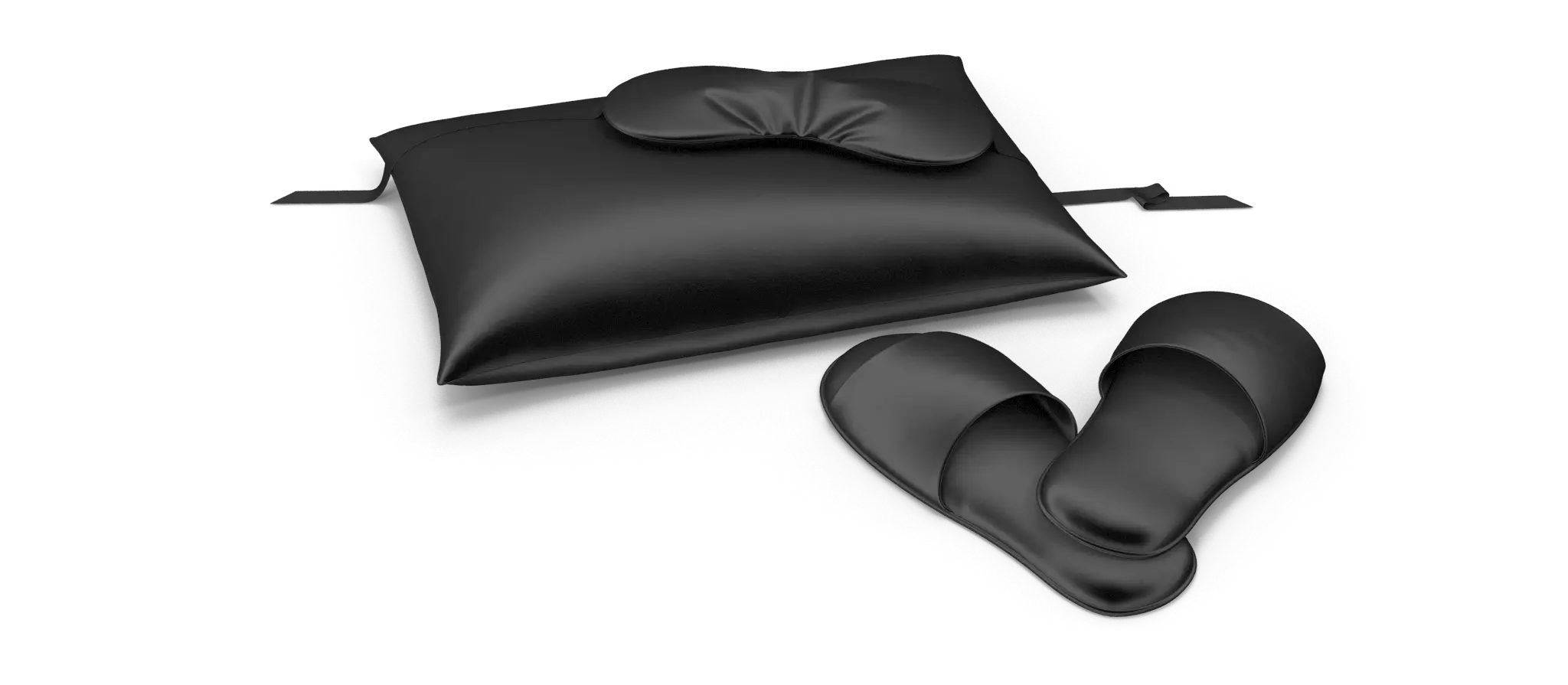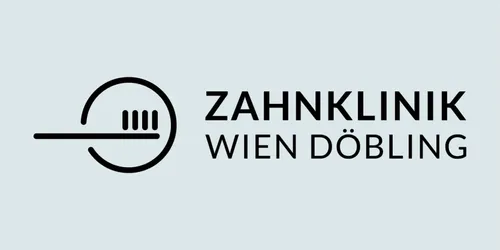Dental treatment under general anaesthesia
If you are anxious about dental procedures, you are at the right place! We offer you a number of options for dental treatments that are completely painless. General anaesthesia is one option, in which you are induced into a deep sleep-like state during the procedure and are not aware of the treatment.

Dental treatment under general anaesthesia
We distinguish between two basic forms of anaesthesia: general anaesthesia and local anaesthesia.
Unlike a local anaesthetic, which only interrupts the conduction of pain but leaves you basically awake, a general anaesthetic completely switches off your consciousness and your sense of pain for the duration of the treatment. For very short procedures lasting 10-15 minutes (e.g. tooth extraction), sedation can also be considered. Thus we can provide you with a treatment that is completely painless.
Thanks to the cooperation of our dental team with our Doctor in anaesthesiology and intensive care medicine, we can also offer you your dental treatment under general anaesthesia. Your safety is our greatest concern. That is exactly why you will be continuously monitored by our team and with the most modern equipment during and after the treatment until you are discharged. The anaesthesia is individually tailored and adapted to your needs in every case.

Indications for treatment under general anaesthesia
01.
Adult anxiety patients
General anaesthesia can be an interesting option for you if dental treatment is a big challenge for you or you suffer from dental anxiety.
02.
Hypersensitivity
Do you suffer from hypersensitivity in the mouth and throat area or have a strong gag reflex? Then a general anaesthetic can help you to avoid discomfort and inconvenience.
03.
For longer and more extensive dental procedures
With a general anaesthetic, even a surgical treatment or a treatment of several teeth or the whole jaw can be completely painless.
Treatment process
1. Consultation
After you have decided on a treatment under general anaesthesia, you will first be contacted by our anaesthetist by telephone and have a detailed explanatory talk with him. He will inform you about the procedure and the requirements for an anaesthetic without complications. In the course of this conversation we will clarify all your open questions about the anaesthesia.
2. Gentle induction of anaesthesia
To induce the anaesthetic, our anaesthetist will give you a thin vein cannula and an infusion at the beginning of the treatment to keep your fluid balance during the procedure. Then a fast-acting sedative is administered. In special cases, e.g. in people with anxiety disorders (needle phobia), there is the possibility of preparation/premedication with an oral sedative, which is administered about one hour before the induction of anaesthesia.
3. Maintaining anaesthesia & dental treatment
After you have fallen asleep, you will be given further anaesthetic medication (narcotics) to maintain the anaesthetic and suppress your consciousness and sense of pain.
During this period, the actual dental treatment will be performed.
The anaesthesia team will be by your side throughout the treatment and will continuously monitor your vital signs (blood pressure, oxygen saturation, heart rate and respiratory activity).

4. Discharge of the anaesthetic
Once the dental treatment is complete, the anaesthetist will stop the supply of anaesthetic and you will wake up from the anaesthetic in a few minutes, as if from a deep sleep.
5. Monitoring
After the treatment, you will continue to be monitored by our team of experts until you are fully awake. After a final examination, you will finally be discharged home.
Frequently asked questions
If you are interested in treatment under anaesthesia, please feel free to contact our team of experts! Our anaesthetist will be happy to answer any questions you may have in connection with a planned treatment under anaesthesia. Arrange an appointment right away. If you have already decided on treatment under anaesthesia, you will be contacted again by our anaesthetist a few days before the treatment to discuss the procedure and risks in detail and to explain all important aspects of the treatment. We are available Mon-Fri 8am-6pm at 01 320 97 97. You are also welcome to use our Online Appointment Booking Tool. We look forward to welcoming you!
All medical treatments are always associated with a certain risk, e.g. medication can trigger allergic reactions. Therefore, it is particularly important to have a discussion with the anaesthetist so that he or she can assess the risk on the basis of your information and explain to you how complications can be avoided.
In general, anaesthetics are very well tolerated and effective for a short time; incidents and complications are extremely rare. But even for these rare situations, the anaesthesia team is prepared and equipped with the appropriate means.
Nausea and vomiting, although known as side effects of anaesthesia, have in fact become very rare. The anaesthetics used are generally very well tolerated, short-acting and therefore very easy to control.
A good general state of health is important. If you suffer from internal diseases and need to take medication, please inform the anaesthetist. He will adapt the anaesthesia to your needs accordingly.
You may eat at the latest 6 hours before the induction of anaesthesia; after that, a strict abstinence from food must be observed. You may still drink clear liquids up to 2 hours before the anaesthetic, after that please do not drink any more. If you are a smoker, nicotine abstinence is recommended for as long as possible. You must discuss and agree with the anaesthetist if you are taking any medication before the anaesthetic.
After an anaesthetic, you should not operate any machines, drive a car, make any vital decisions, conclude any financial transactions or sign any contracts on your own, as you will still be under the influence of strongly effective medication for a few hours. We therefore advise you to have someone you trust collect you after treatment and accompany you home.
You can drink water in sips immediately after waking up. You can eat a light meal about 2 hours after waking up.


